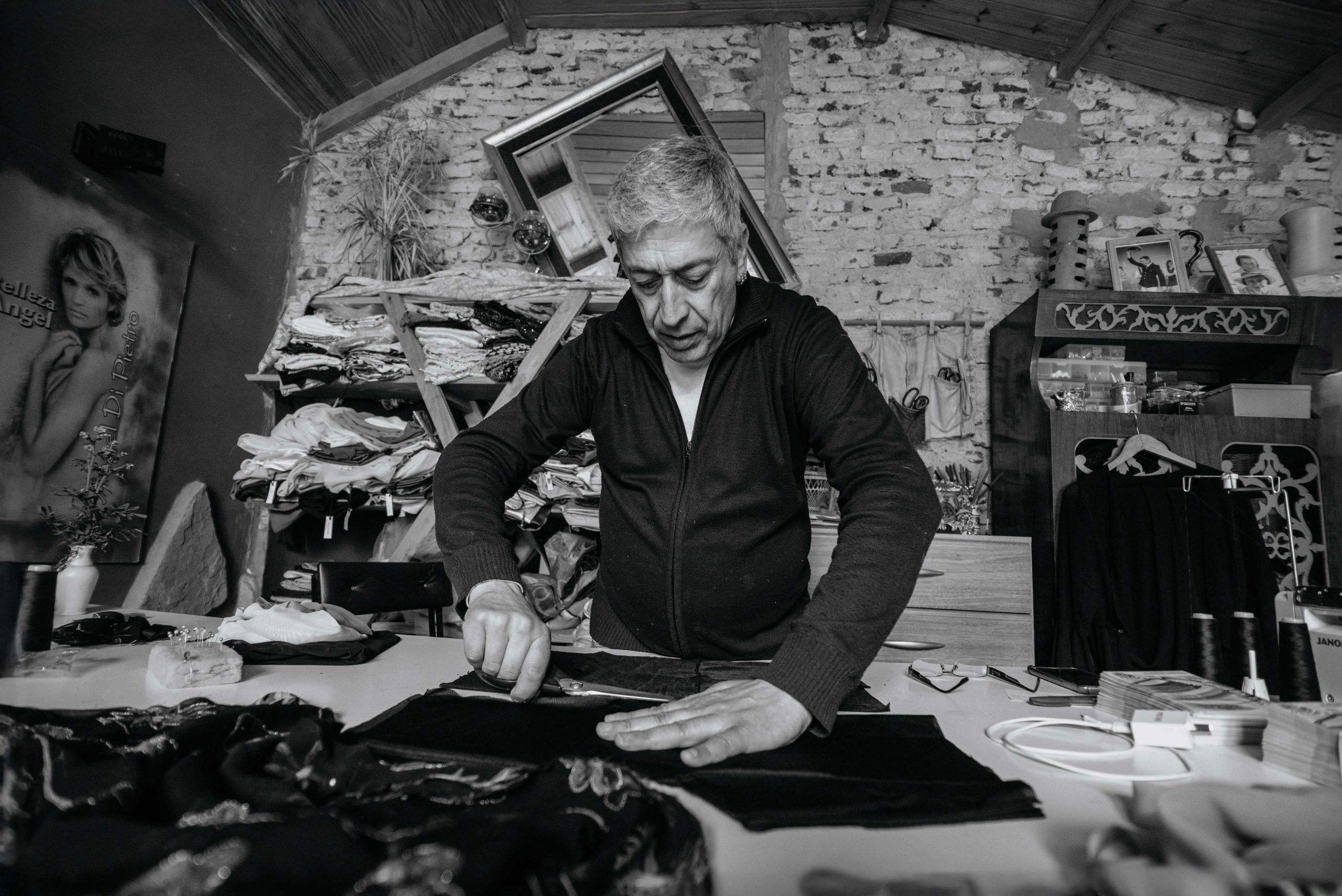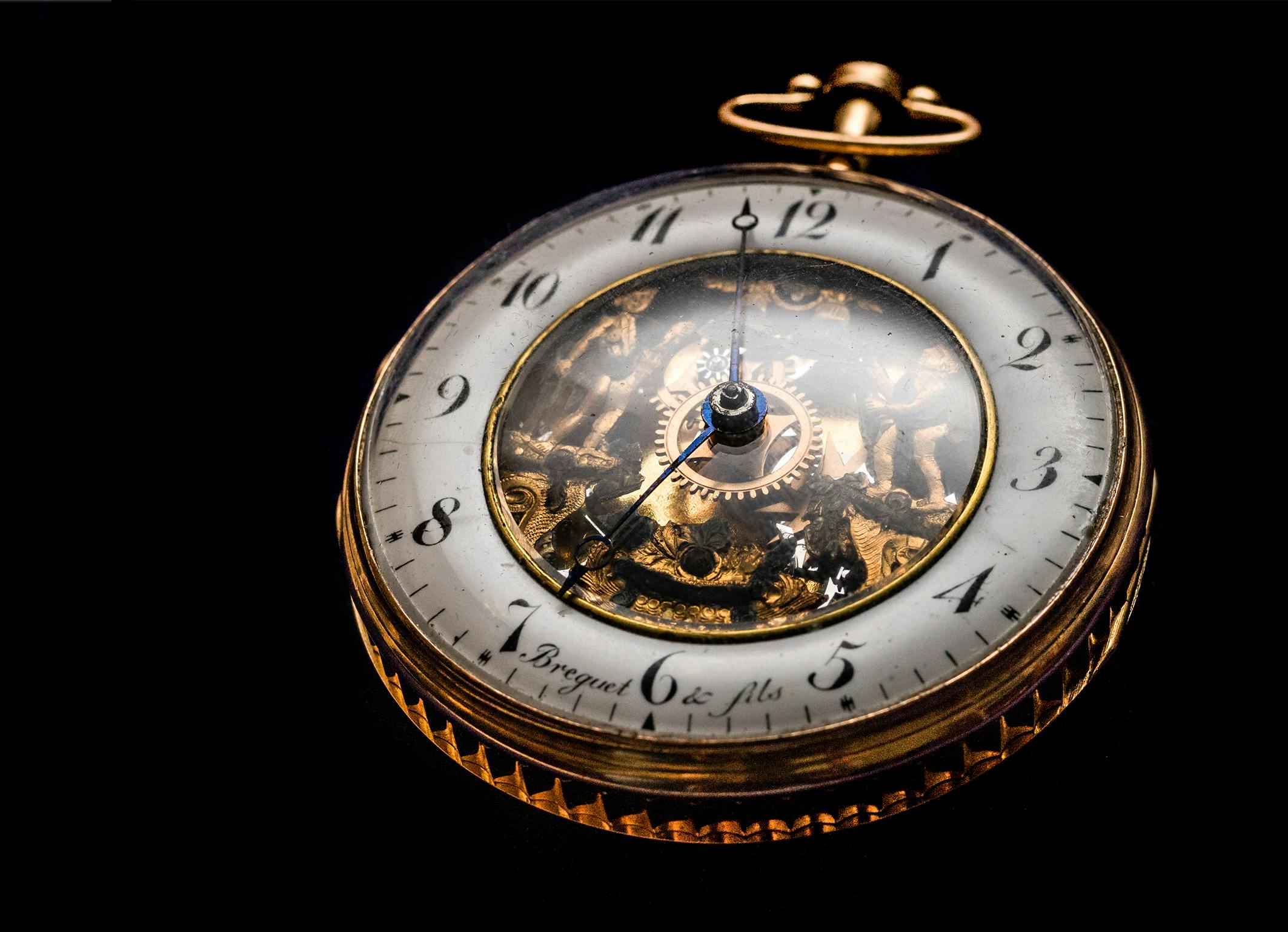The process of sifting through a parent’s lifetime of accumulated belongings often feels like an overwhelming and emotionally taxing endeavor. However, what might appear as disorganized collections of “stuff” can hold not only cherished memories but also items of surprising monetary value. That daunting task of clearing out clutter can actually transform into an unexpected opportunity to unearth a hidden goldmine of forgotten treasures. This journey requires a delicate balance of patience, empathy, and a methodical eye to distinguish sentimental keepsakes from potentially valuable assets.

Image Source: pexels.com
The Emotional Landscape of Possessions
Before beginning the physical task of decluttering, it is crucial to approach the situation with profound empathy and understanding for your parents. For many older adults, their possessions are deeply intertwined with their personal history, memories of loved ones, and a fundamental sense of security. An old, seemingly insignificant chipped teacup might symbolize decades of shared conversations, while a pile of papers could contain precious, irreplaceable letters. This emotional attachment is a significant factor that must be handled with sensitivity throughout the entire decluttering process.
Communicating with Care and Collaboration
If your parents are actively involved in the decluttering process, fostering open and respectful communication is paramount. It’s best to initiate these conversations early, in a calm and unpressured setting, rather than waiting for a crisis. Frame the endeavor as a collaborative effort aimed at creating a safer, more comfortable, and more organized living space for them. Allowing them to have the final say on what stays and what goes will cultivate cooperation.
Identifying Potential Treasures Amidst the Clutter

Image Source: pexels.com
While respectfully handling sentimental items, keep a discerning eye out for possessions that might hold tangible financial value. Antiques, such as well-made older furniture, marked glassware, or complete china sets, can often be valuable. Collectibles, ranging from vintage toys and dolls in their original packaging to old coins, should also be set aside for further investigation. Don’t overlook jewelry, even if it appears to be costume. Older pieces can contain precious metals or gemstones, and vintage watches also frequently carry value.
The Practical Steps of Sorting and Selling
Once potentially valuable items are identified, the next step involves research and professional appraisal. Online resources, auction sites, and local appraisers can provide insights into what similar items are selling for. When it comes to selling, options are plentiful. They include local consignment shops, antique dealers, online marketplaces, or even auction houses for particularly rare or high-value pieces. For items without significant monetary value but still in good condition, donation to a cherished charity can be a fulfilling alternative.
Beyond Monetary Gains: The Intangible Rewards
Ultimately, the process of decluttering your parents’ home offers more than just the potential for financial gain. It can be an opportunity to reconnect with family history and unearth precious memories. Each item tells a story, offering glimpses into the past and fostering a deeper appreciation for your family’s journey. While unearthing a monetary goldmine is a welcome bonus, the intangible treasures of shared stories and a more peaceful, organized environment for your parents are often the most rewarding outcomes of this challenging yet important task.
Have you embarked on a similar decluttering journey? What unexpected valuables or cherished memories did you uncover? Share your experiences and advice in the comments section!
Read More

